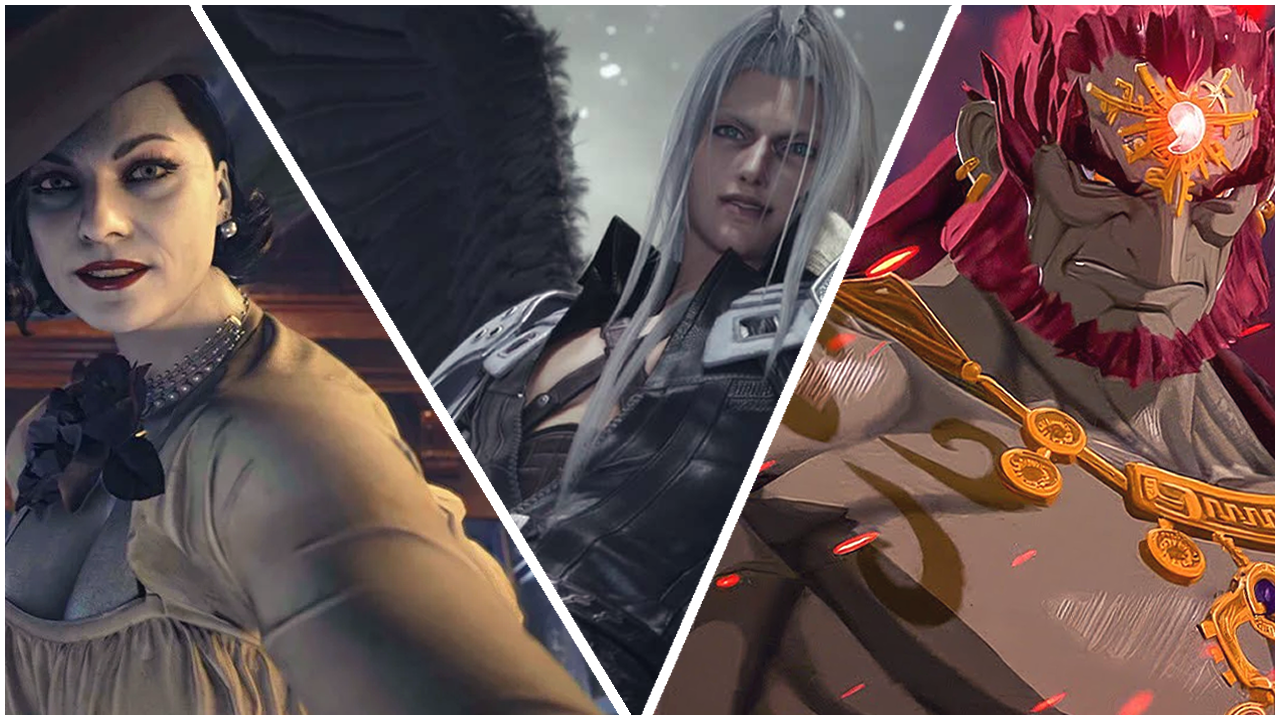They kill, lie, and betray – but somehow, we still feel for them. Here’s why some video game villains are hard to hate.
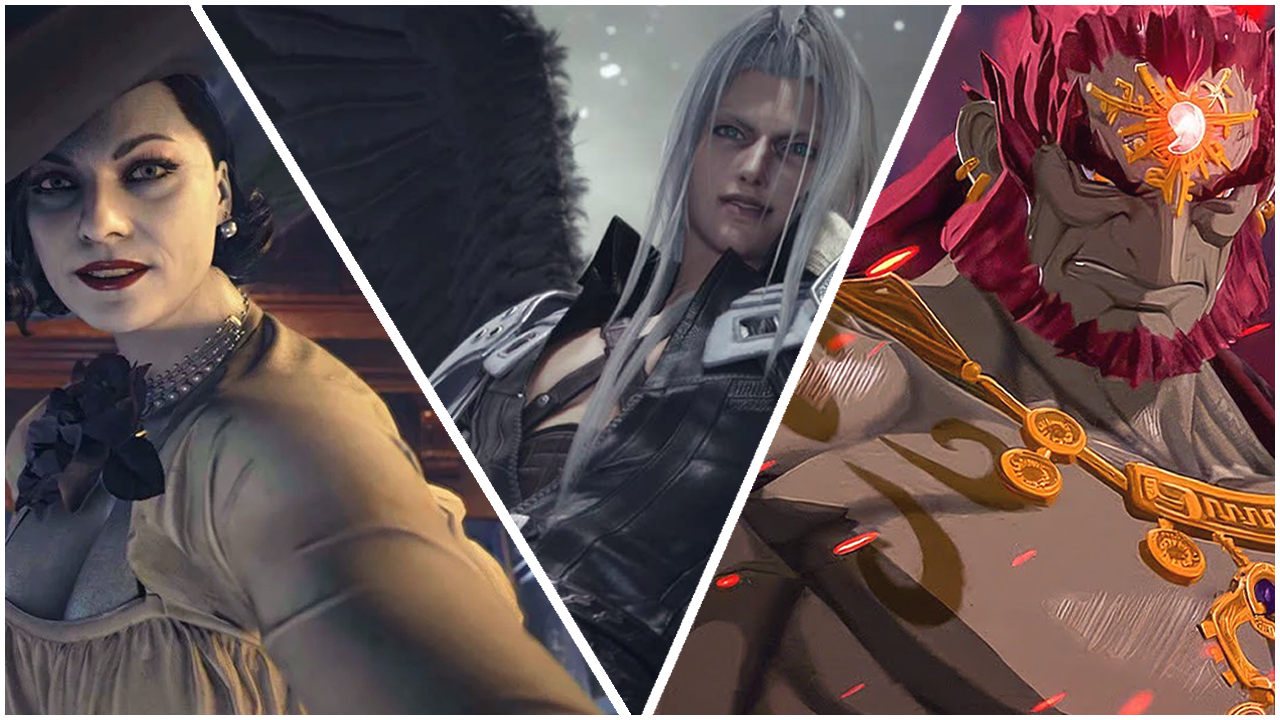
In the worlds of video games, few characters captivate players as much as a well-written villain.
While some bad guys exist solely to be defeated, others blur the lines between evil and empathy, creating emotional conflicts that linger long after you finish them off.
So we asked ourselves – what makes a video game villain truly sympathetic?
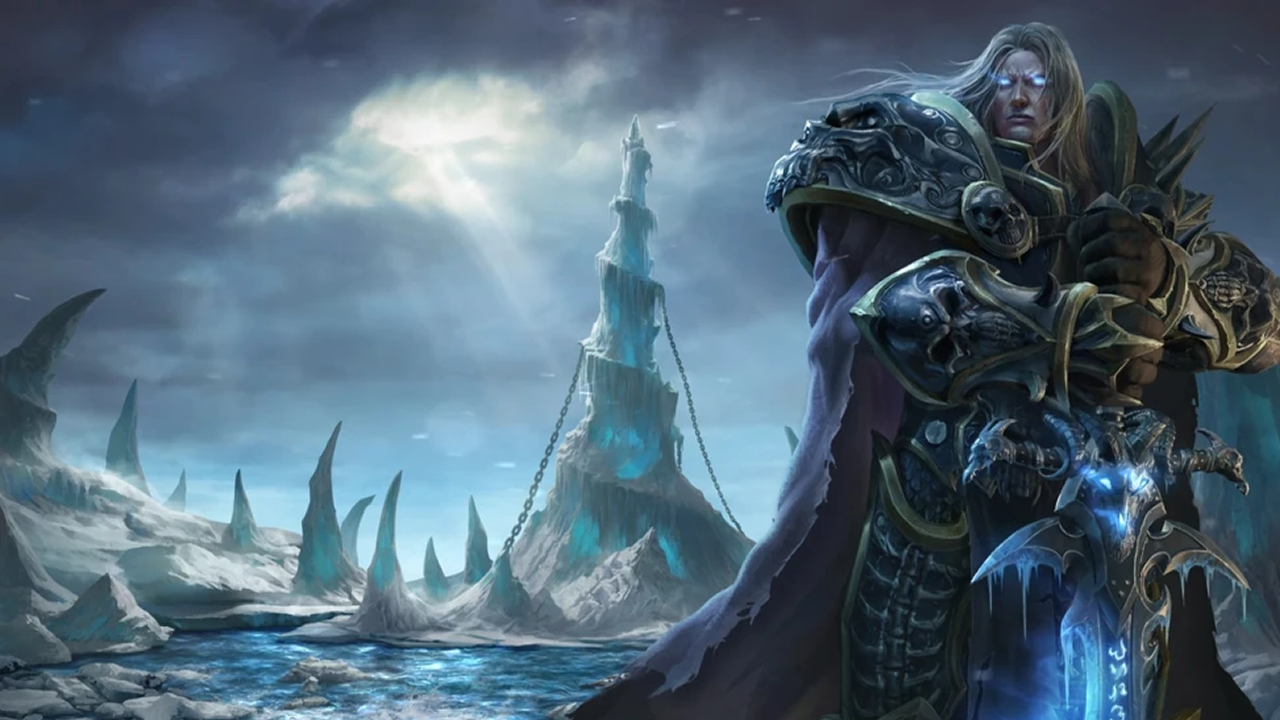
Disclaimer: Villains are, by nature, subjective. Just like with questions of morality, opinions on characters will always differ. The following isn’t a personal ranking or a list of my favorite villains, but rather an overview of what people often find sympathetic about them, based on public discussion and analysis.
If you see a character differently, feel free to share your take in the comments!
Understanding Where They Come From
One of the key traits of a sympathetic villain is understanding – not condoning – their motivations.
The most compelling antagonists aren't evil for the sake of evil.
Instead, the most effective antagonists are those whose backstories are shown emotionally, whose motivations follow a moral logic, and whose actions raise uncomfortable but thought-provoking questions.
Villains operating in moral grey zones often mirror classic philosophical dilemmas. This kind of storytelling often leans into moral gray zones – those “trolley problem” scenarios where every option is painful.
Take Saren from Mass Effect. To him, allying with the galaxy-destroying Reapers is salvation, not betrayal. Or Arthas Menethil from Warcraft III, who slaughters an infected city not for power, but to stop a plague. Their decisions are brutal – but not irrational.
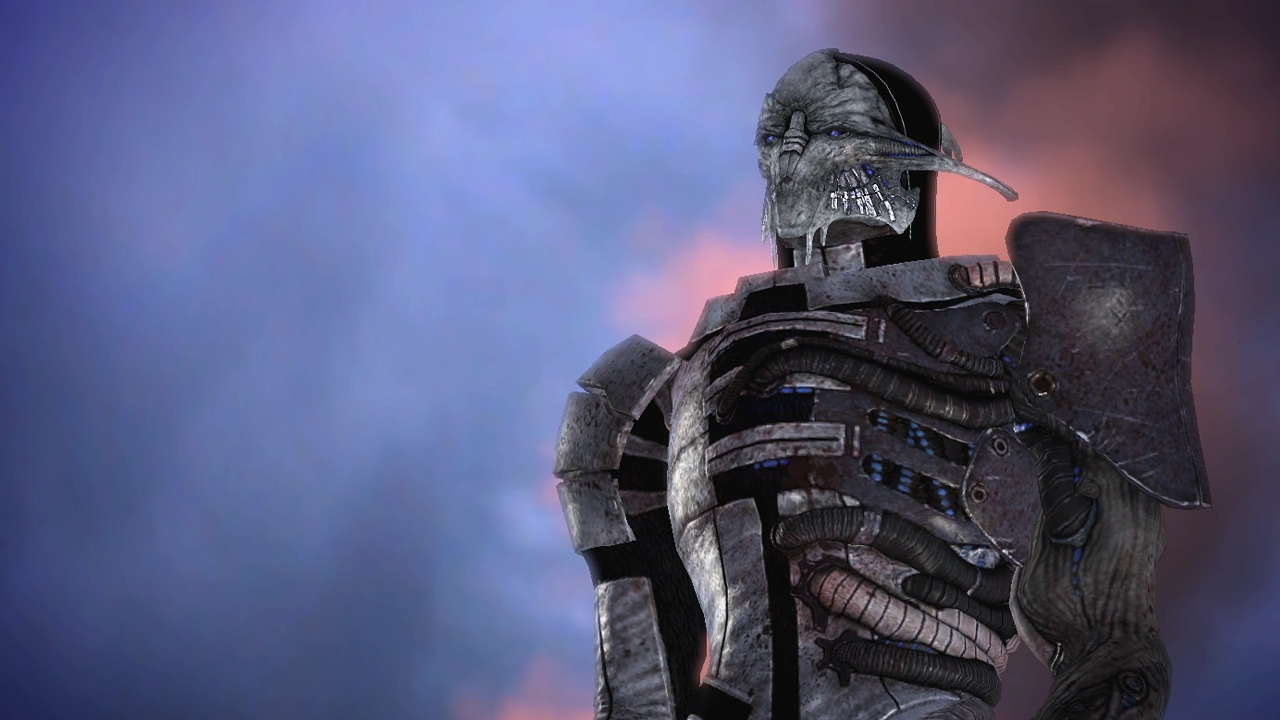
The Fireflies from The Last of Us offer a gut-wrenching moral dilemma: sacrifice one immune girl to save potentially millions.
Is that villainy, or utilitarianism? These kinds of questions don’t have easy answers – which is exactly why such antagonists resonate.
Villains As The Hero Of Their Story
Sympathetic villains often aren’t purely evil – they simply stand in direct opposition to the hero. They might believe in a different solution to the same problem.
What also helps? When villains care.
A villain with close relationships or loyal lieutenants who genuinely admire them becomes more dimensional.
If the villain grieves when those under them die, it shows emotional depth. It implies they’re not pure monsters – they're people who’ve built trust, earned respect, maybe even loved, and were loved in return.
Villains Being Results Of Tragedy
Another key factor is the backstory. Often, villains are seen as more sympathetic when they’ve suffered – especially if their suffering is rooted in trauma or injustice.
Though it’s sometimes considered a cliché – like the orphan boy bullied into becoming a villain by a cruel world – it still works, particularly when the backstory is well-developed.
Showing a villain’s fall as a logical human response to pain can create profound empathy.
Handsome Jack (Borderlands 2) is one example. Abused as a child, later losing his wife and daughter, Jack’s descent into cruelty comes with tragic emotional baggage.
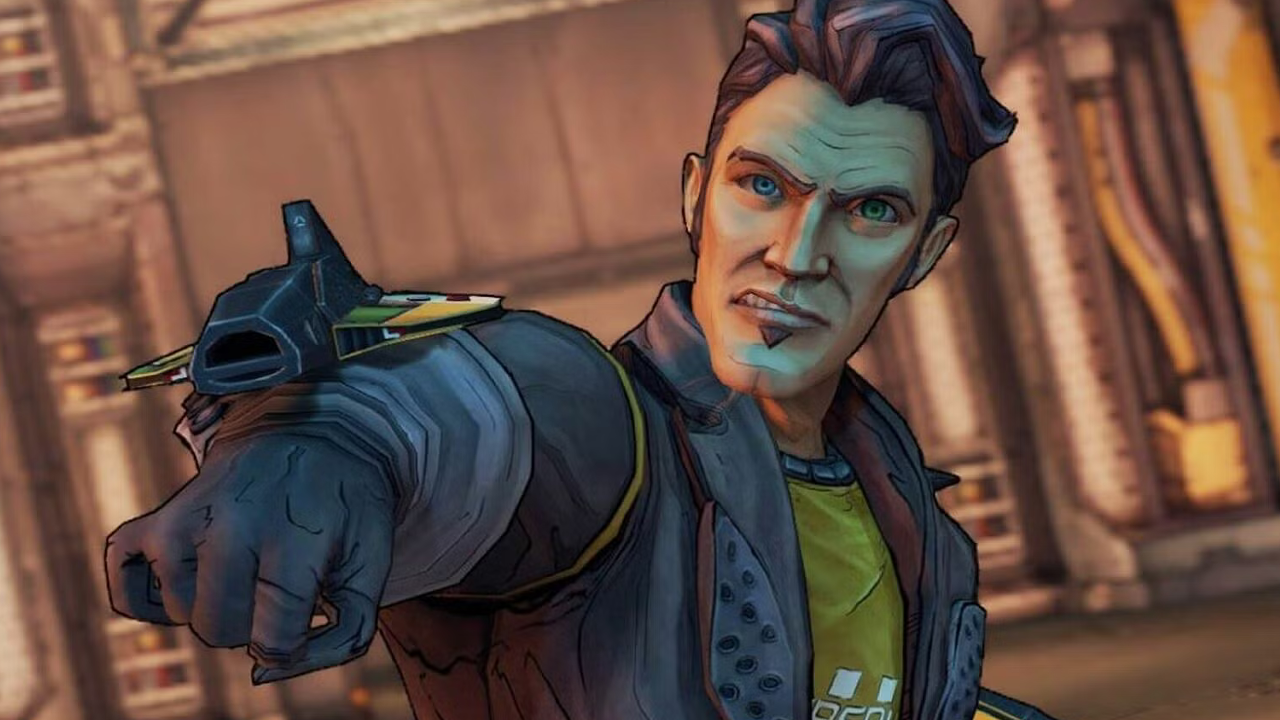
Similarly, Flowey from Undertale begins as an innocent child turned into a soulless flower. In a pacifist playthrough, Flowey’s emotional unraveling becomes heartbreaking – even as his actions remain villainous.
Josh Washington (Until Dawn) suffers deep psychological trauma after losing his twin sisters in a prank gone wrong. His campaign of terror against his friends is driven by despair, not sadism. He never meant to kill anyone – he just wanted them to hurt like he does.
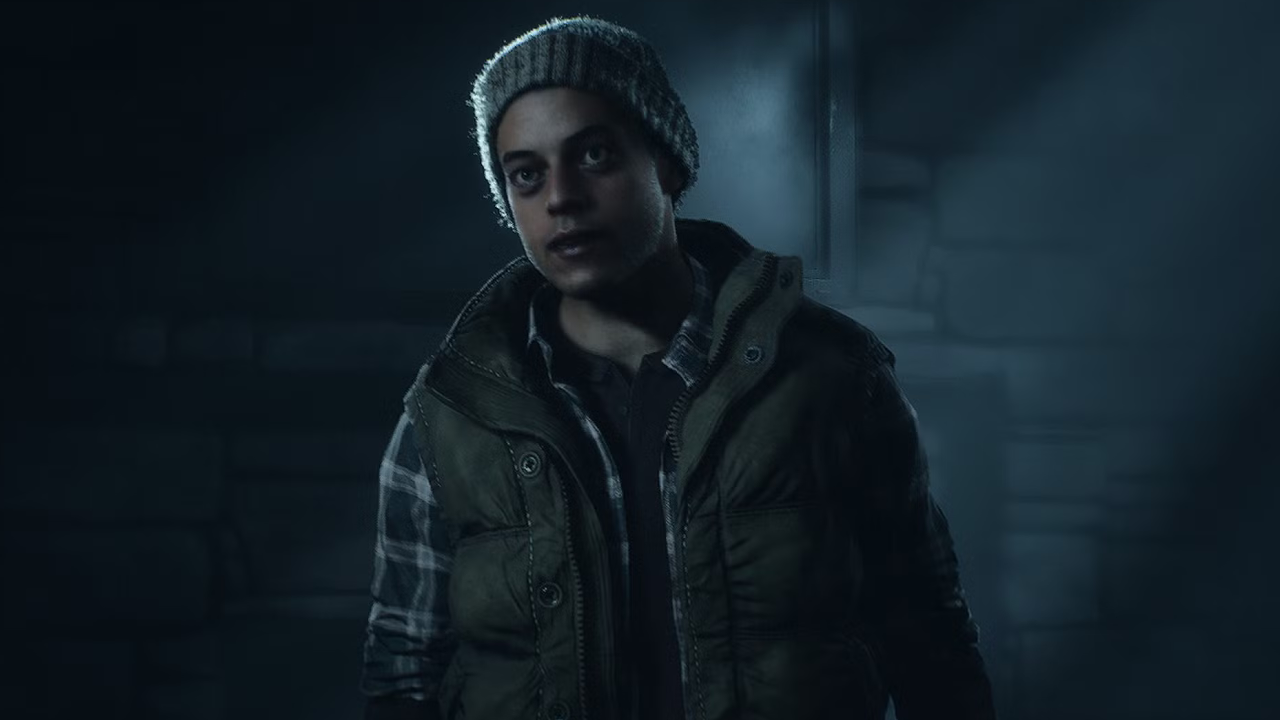
Being Self-Aware And Accepting Accountability
A less obvious, but potent, ingredient for sympathy is self-awareness. Some villains gain respect by acknowledging their flaws or refusing to justify them with empty excuses.
They question themselves. They’re reflective, and sometimes (often in death scenes), they even admit they were wrong.
Kreia (KOTOR II) is a masterclass in this. She rejects simple binaries of good and evil, critiques the Jedi and Sith alike, and ultimately reveals her intentions with honesty and vulnerability.
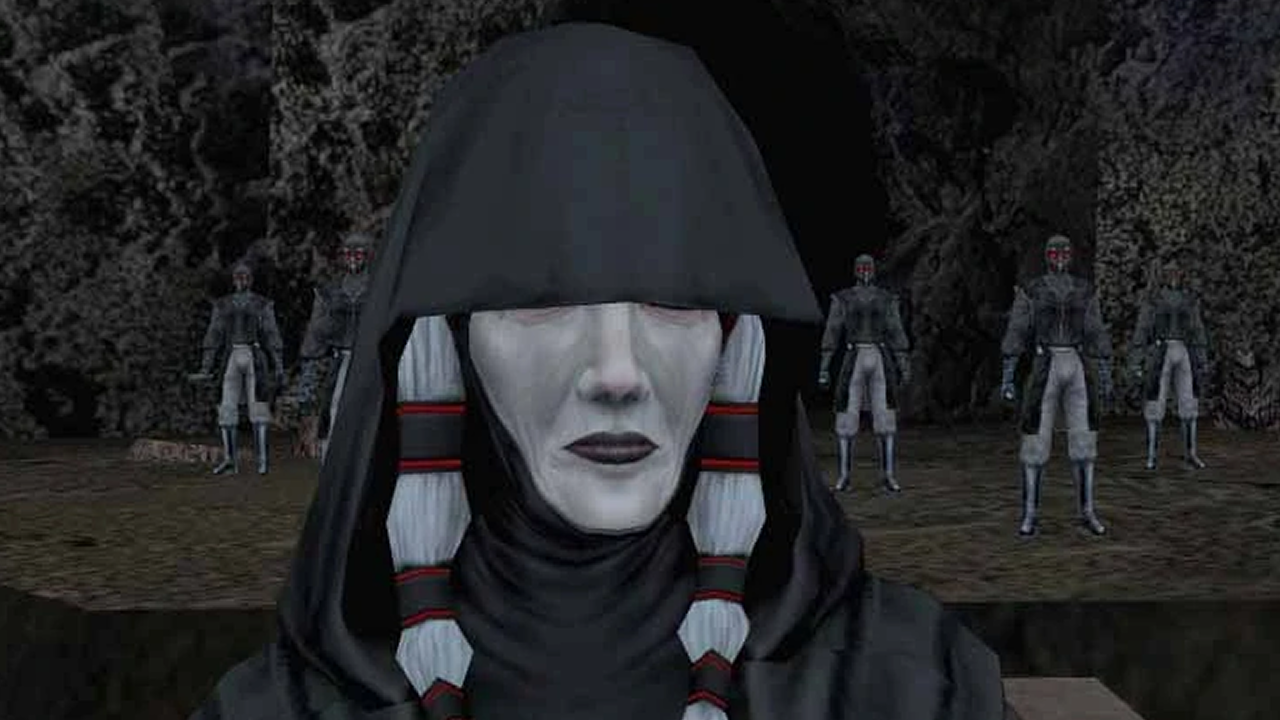
Her ideology is radical, but not hypocritical. As Eurogamer put it: she "embodied The Sith Lords’ gray areas" with haunting clarity.
Villains like Kreia resonate because they’re aware. They might be wrong – but they’re honest about what they believe, and why.
Being Iconic In Their Evilness
Of course, not all villains need to be sympathetic. Sometimes, being iconic, entertaining, or just really good at being bad is enough.
The Joker, particularly in the Arkham series, is a prime example. He’s pure chaos with zero moral grounding, yet fans adore his dark charisma.
The same goes for GLaDOS from Portal, whose deadpan threats and sarcastic wit make her one of gaming’s most quotable antagonists.
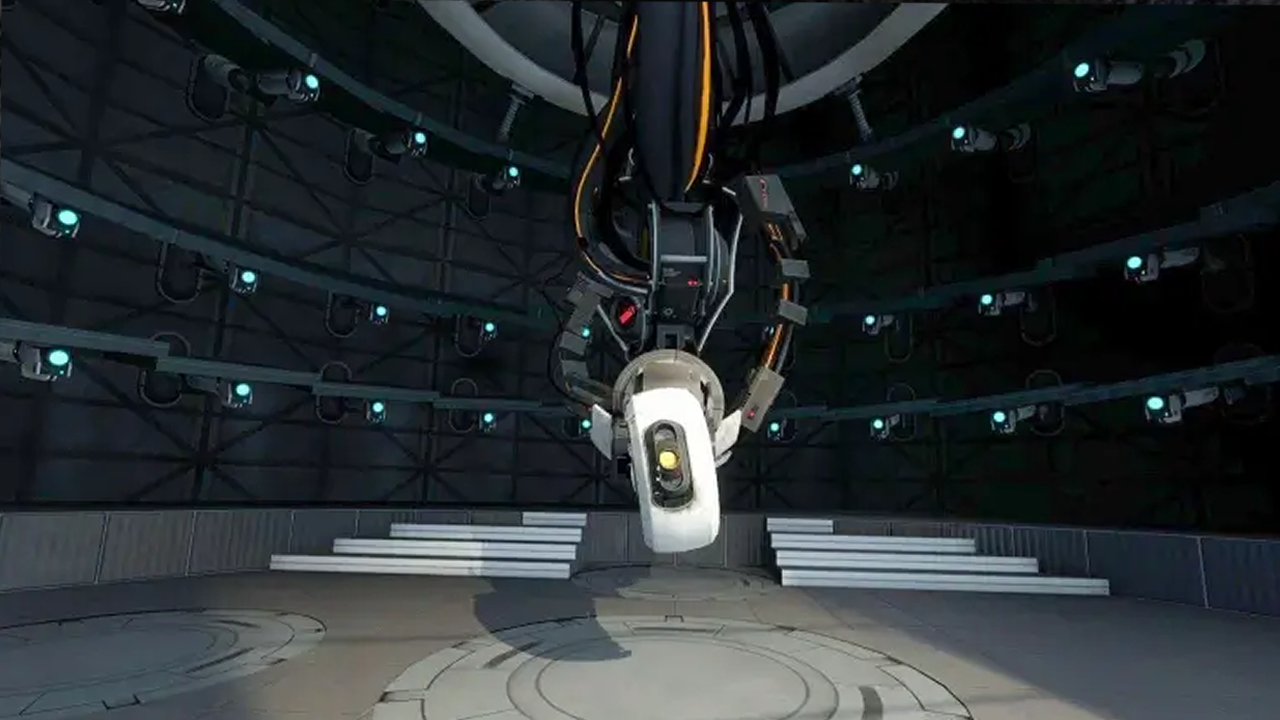
Sometimes, skill alone makes a villain compelling. When they’re just as capable – or more so – than the hero, we respect them.
Vaas Montenegro (Far Cry 3) is unhinged but magnetic, infamous for his “definition of insanity” speech. He steals the spotlight from the game’s protagonist because he’s unpredictable.

Give Them Relatable Human Qualities, Strengths, And Faults
At the core of every great villain is humanity. No one is entirely good or bad – and that includes villains.
When characters are written with both strengths and flaws, they feel more real. We might still oppose them, but we understand them.
Dutch van der Linde (Red Dead Redemption) is a great example. Dutch is sympathetic because he feels real.
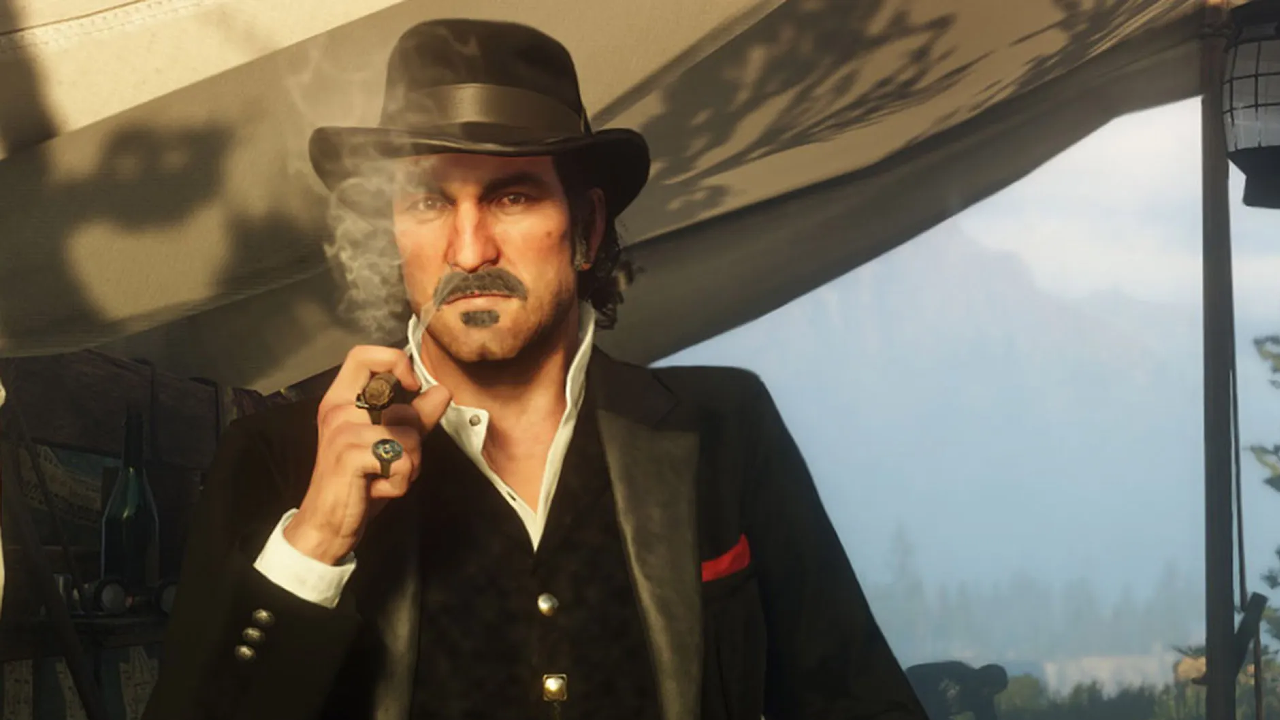
He starts as an idealist, fighting for freedom and fiercely loyal to his gang, whom he treats like family. His downfall isn’t rooted in pure evil but in fear, pride, and desperation.
As the world changes, Dutch clings to his fading ideals, making increasingly reckless choices. Despite his crimes, his grief, contradictions, and fading humanity make him feel like a tragic, flawed person – not just a hateable villain.
Ultimately, the best villains don’t just oppose the hero – they challenge US.
They force us to examine morality and ideology. Whether we empathize with them, fear them, or begrudgingly admire them, they stay with us long after the credits roll.
Which video game villain made you feel the most conflicted? Join the conversation below!


































